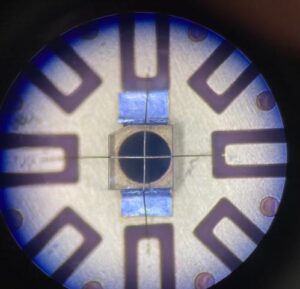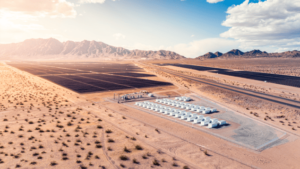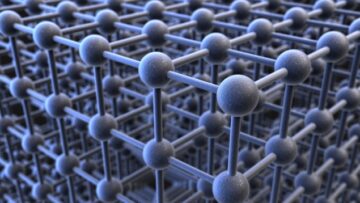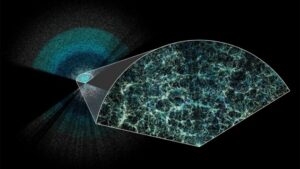Join the audience for a live webinar at 6 p.m. GMT/1 p.m. EST on 7 December 2022 exploring how carbon-based supercapacitors and quinone-based batteries can be used to reversibly capture carbon dioxide
Want to take part in this webinar?
Electrochemical CO2 capture is rapidly emerging as a next-generation technology for mitigating greenhouse gas emissions.1 In this presentation, Alexander Forse reviews recent progress from his research group on understanding and improving electrochemical CO2 capture by (i) carbon-based supercapacitors, and (ii) quinone-based batteries.
Carbon-based supercapacitors benefit from their simplicity and sustainable materials, but a major challenge is to increase electrochemical CO2 capture capacities, which currently lag far behind those of quinone systems. Alexander shows that by varying the charging protocol, CO2 capacity increases can be obtained.2 At the same time, our measurements provide new insights into the molecular mechanisms of electrochemical capture, which may aid the design of improved systems. Secondly, for the case of quinone-based batteries, a major practical limitation is oxygen sensitivity. It has been proposed that this issue can be overcome by tuning the quinone chemistry, but there is a trade-off between redox potential and CO2 capture strength that is discussed here.3
Alexander outlines potential strategies to overcome performance trade-offs in electrochemical CO2 capture, and describes the advantages and disadvantages of different electrochemical CO2 capture systems.
References
1Diederichsen, Sharifian, Kang, Liu, Kim, Gallant, Vermaas, Hatton, Nat Rev Methods Primers, 2, 68 (2022).
2Binford, Mapstone, Temprano, Forse, Nanoscale, 14, 7980–7984 (2022).
3Bui, Hartley, Thom, Forse, J. Phys. Chem. C., 126, 33, 14163–14172 (2022).
Want to take part in this webinar?

Alexander Forse is assistant professor in materials chemistry at the University of Cambridge. The Forse Group researches new materials that help with climate change mitigation. Alexander holds a UKRI (UK Research and Innovation) Future Leaders Fellowship and recently received the Anatole Abragram Prize for pioneering applications of NMR spectroscopy to the characterization of new materials for electrochemical energy storage and carbon-dioxide capture.















